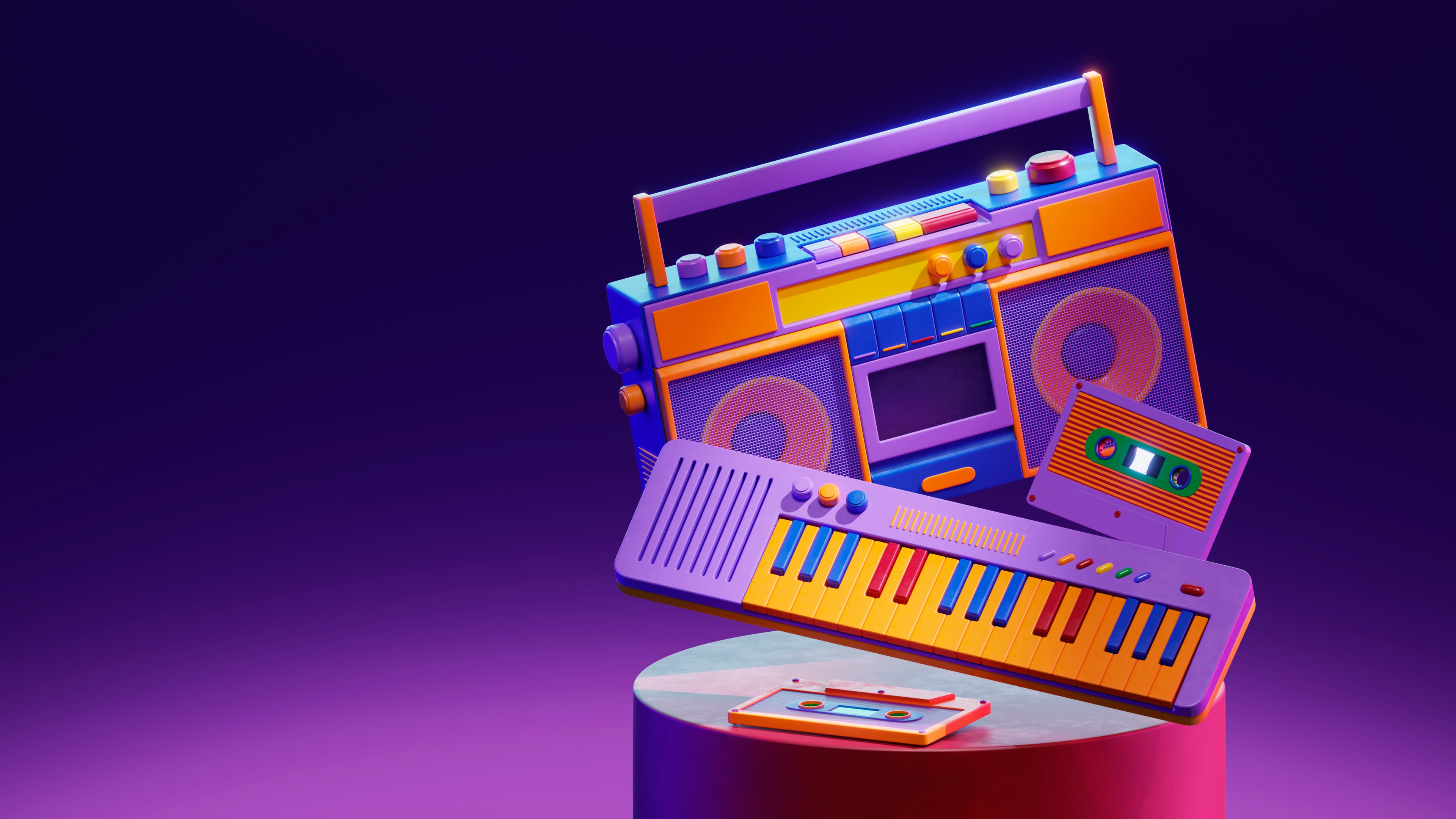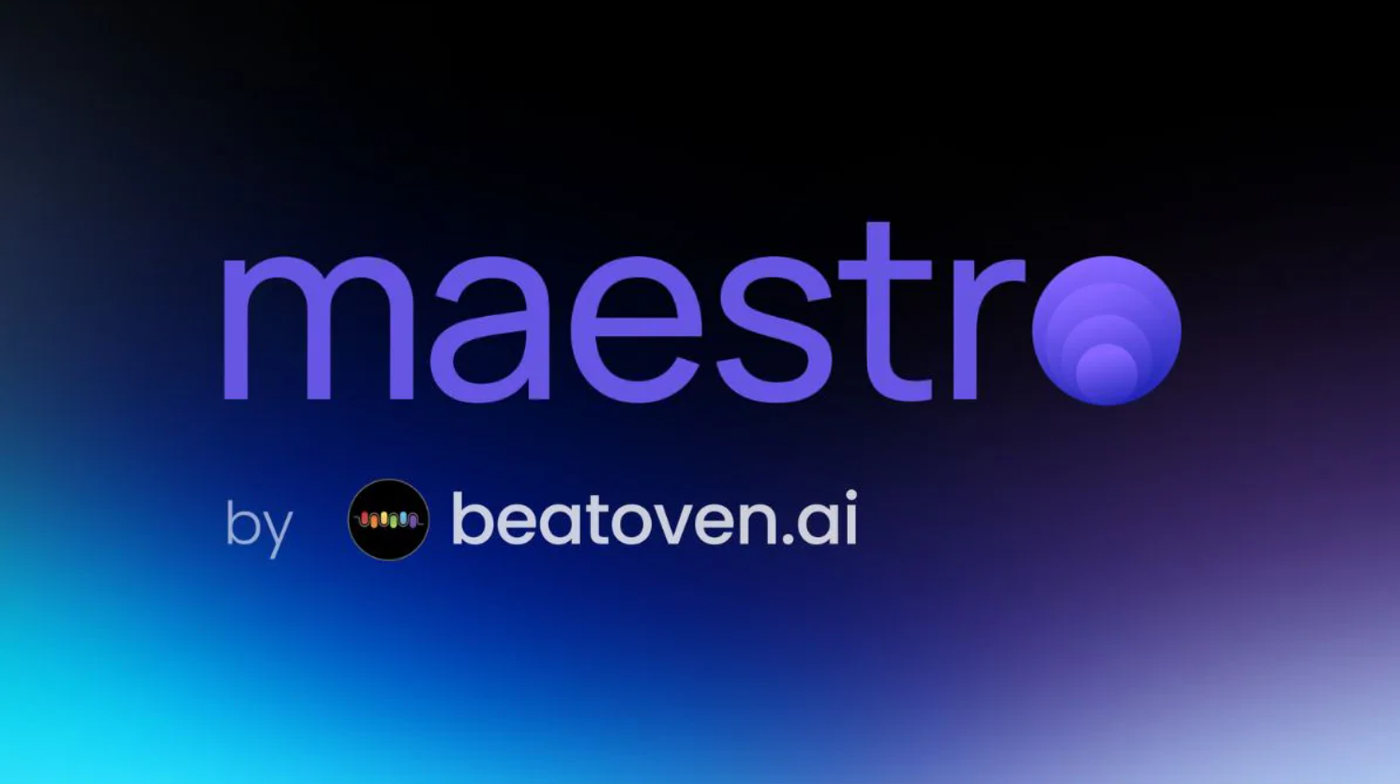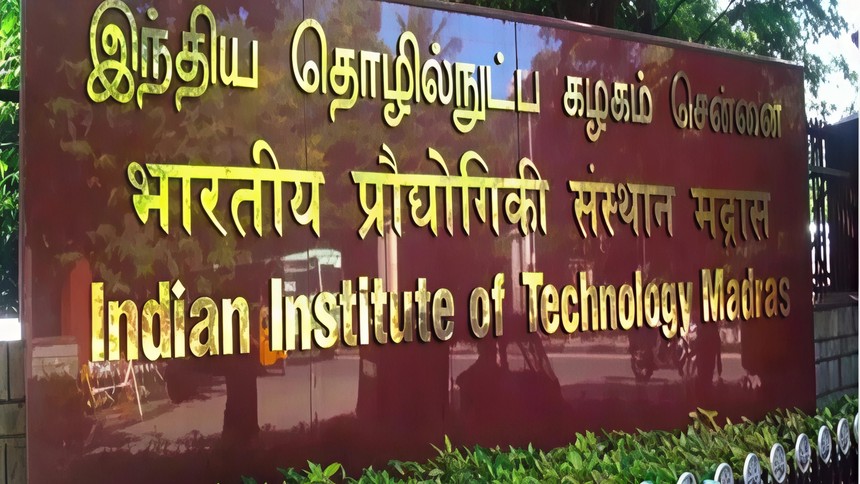Artificial intelligence is steadily transforming the world of music, and Bengaluru-based startup Beatoven.ai has just taken a significant leap forward. The company has unveiled its first in-house foundation model, Maestro, which allows users to generate original instrumental music simply by entering text prompts. Unlike other AI music tools that often raise copyright concerns, Maestro has been trained entirely on licensed datasets. This means the music it produces is safe for commercial use and also ensures that original artists benefit financially from the model’s output.

Maestro stands out as Beatoven.ai’s most ambitious project to date. Earlier versions of its technology primarily worked by rearranging and recomposing samples from partner artists. With Maestro, however, the system can now create entirely new soundtracks from scratch, offering higher quality and greater variety across genres. According to CEO Mansoor Rahimat Khan, Maestro is trained on thirty times more data than the company’s previous models, allowing it to generate richer and more diverse music.
Currently, Maestro can only produce instrumental tracks, but Beatoven.ai has confirmed that sound effects and vocals will be added in the near future. This will open even more possibilities for musicians, filmmakers, advertisers, and content creators who are looking for original background music.
One of the most exciting aspects of Maestro is its revenue-sharing model. Beatoven.ai has partnered with Musical AI, a rights management platform that helps identify which tracks the AI draws inspiration from when generating music. Whenever Maestro’s output contains identifiable elements from a licensed dataset, the artist behind that data will earn royalties. Artists are expected to receive up to thirty percent of the revenue generated by their contributions, with attribution managed by third parties for transparency. This ensures that while AI drives innovation, artists remain at the heart of the ecosystem.
For creators, access to Maestro will be available under a special subscription plan priced at twenty dollars per month, which is roughly one thousand seven hundred fifty rupees. Subscribers can generate unlimited tracks, but downloads will initially be limited to fifteen minutes of music each month. Beatoven.ai also plans to roll out an enterprise version of Maestro tailored for studios and professional music houses.

What makes Beatoven.ai different from many of its competitors is its philosophy. While other AI companies like Suno AI are focusing on replicating human-like vocals, Beatoven.ai is building tools that act as creative collaborators rather than replacements. Khan explained that most musicians and creators prefer a co-creation tool that enhances their vision instead of providing a finished product. Maestro is designed to complement human creativity, offering a foundation on which artists can build and refine their work.
Looking ahead, Beatoven.ai is also working on expanding its accessibility. The service is currently available on the web, but a mobile application is expected to launch before the end of the year, making AI-driven music creation even more convenient for users on the go.
With Maestro, Beatoven.ai is not only pushing the boundaries of what artificial intelligence can do in the music industry but also ensuring that the rights and earnings of artists remain protected. This balance of innovation and fairness could set a new standard for the future of AI-generated art.
Follow Tech Moves on Instagram and Facebook to stay updated on the latest breakthroughs in technology and innovation.














